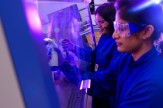Northeastern University’s Seattle commencement a celebration of 433 lifelong learners
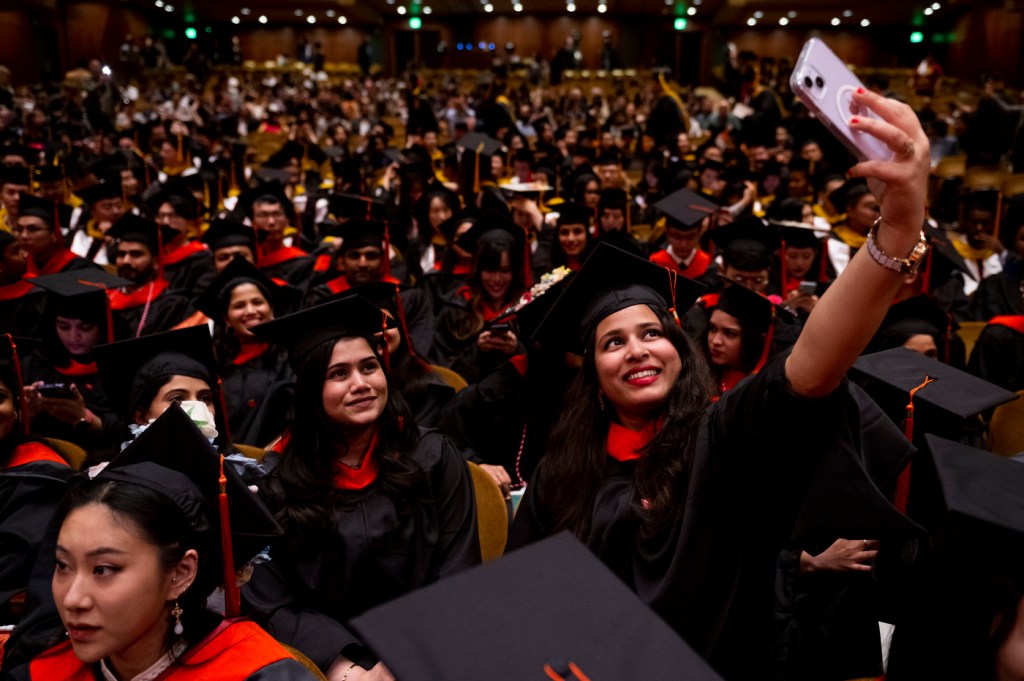
SEATTLE—One by one the graduates walked across the stage inside historic Benaroya Hall.
Their names were read, they shook hands with college deans, smiled wide and posed for photos. Many pumped their fists, some shouted to family and friends.
Northeastern’s Seattle commencement, one of several being held across the university’s global network, was a celebration of 433 graduates.
They earned master’s and doctoral degrees from the College of Engineering, Khoury College of Computer Sciences, College of Social Sciences and Humanities, and College of Professional Studies.
They were young and old—all lifelong learners—hailing from Seattle and around the world.
And they carried flags representing their homelands and new lands—a Northeastern commencement tradition.
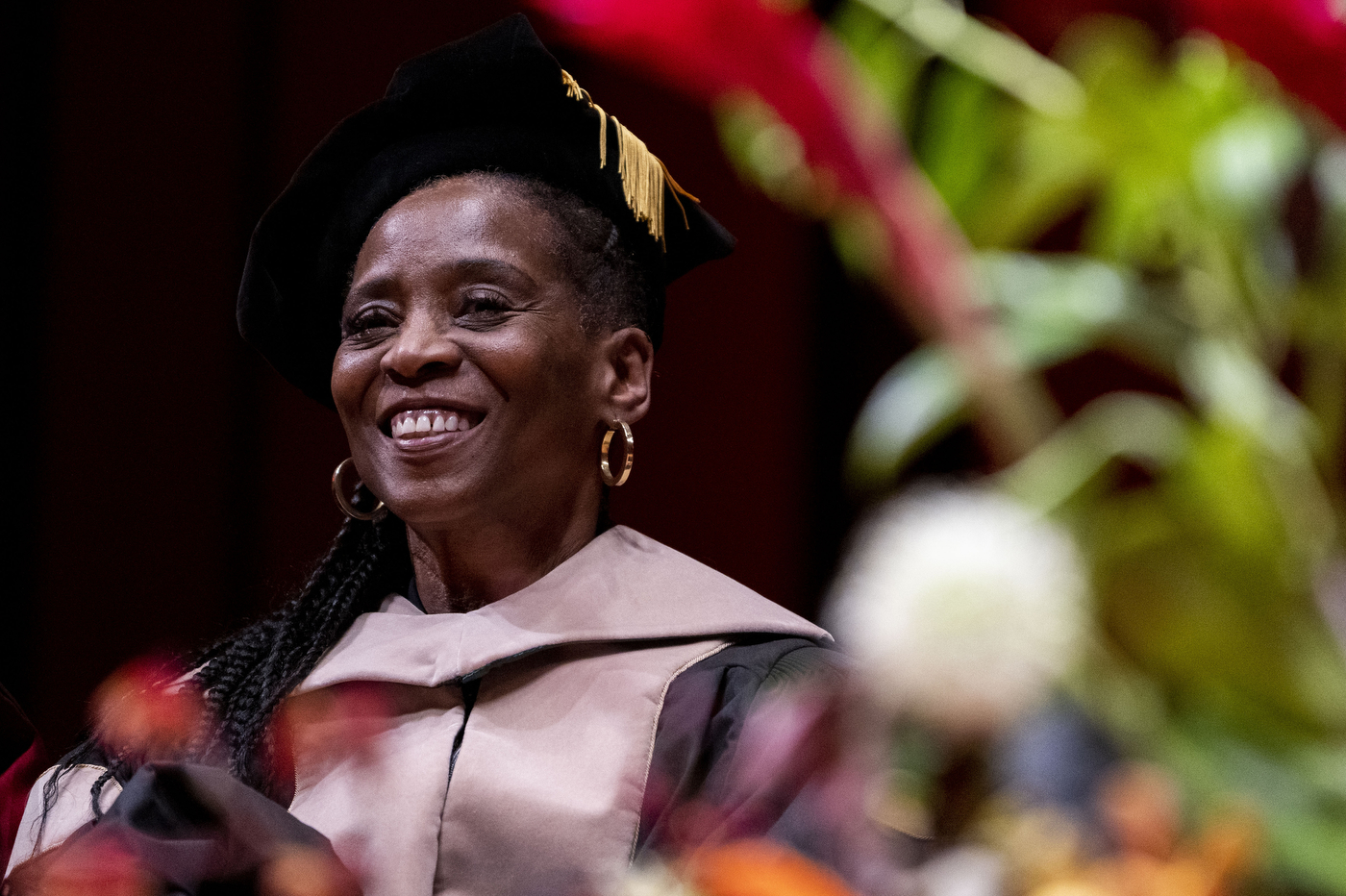
Mary Ludden, the university’s senior vice president for global network and strategic initiatives, invited the graduates to hold them high and wave them.
They complied and the auditorium erupted in cheers and applause.
“Diversity of experience and thought is what makes our learning community strong and resilient, enabling us to grow and contributing to our collective ability to persevere,” Ludden said.
Diversity of experience and thought describes Amrita Bagwe, whose journey to Seattle began thousands of miles away in Mumbai. On Wednesday, she received a master’s degree in project management and addressed her fellow graduates as the student speaker.
Happiness on my parents’ faces
She started from the beginning—her acceptance to Northeastern. And like any happy memory, she remembers every detail. She was assembling an IKEA table with her father when a notification popped up on her phone.
“It was the Northeastern acceptance email,” Bagwe said. “I still remember the happiness on my parents’ faces. We celebrated the news with our favorite mango ice cream.”
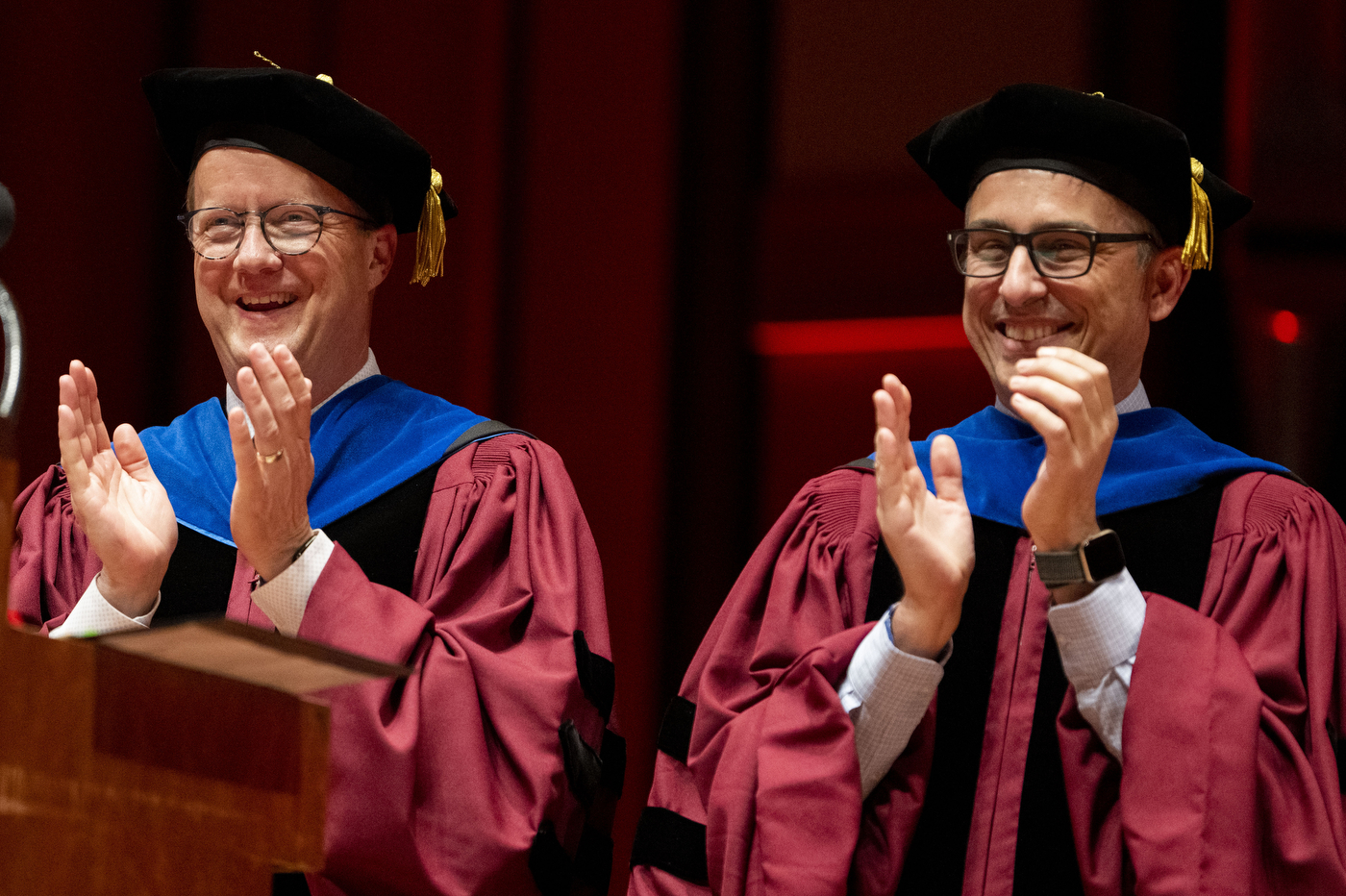
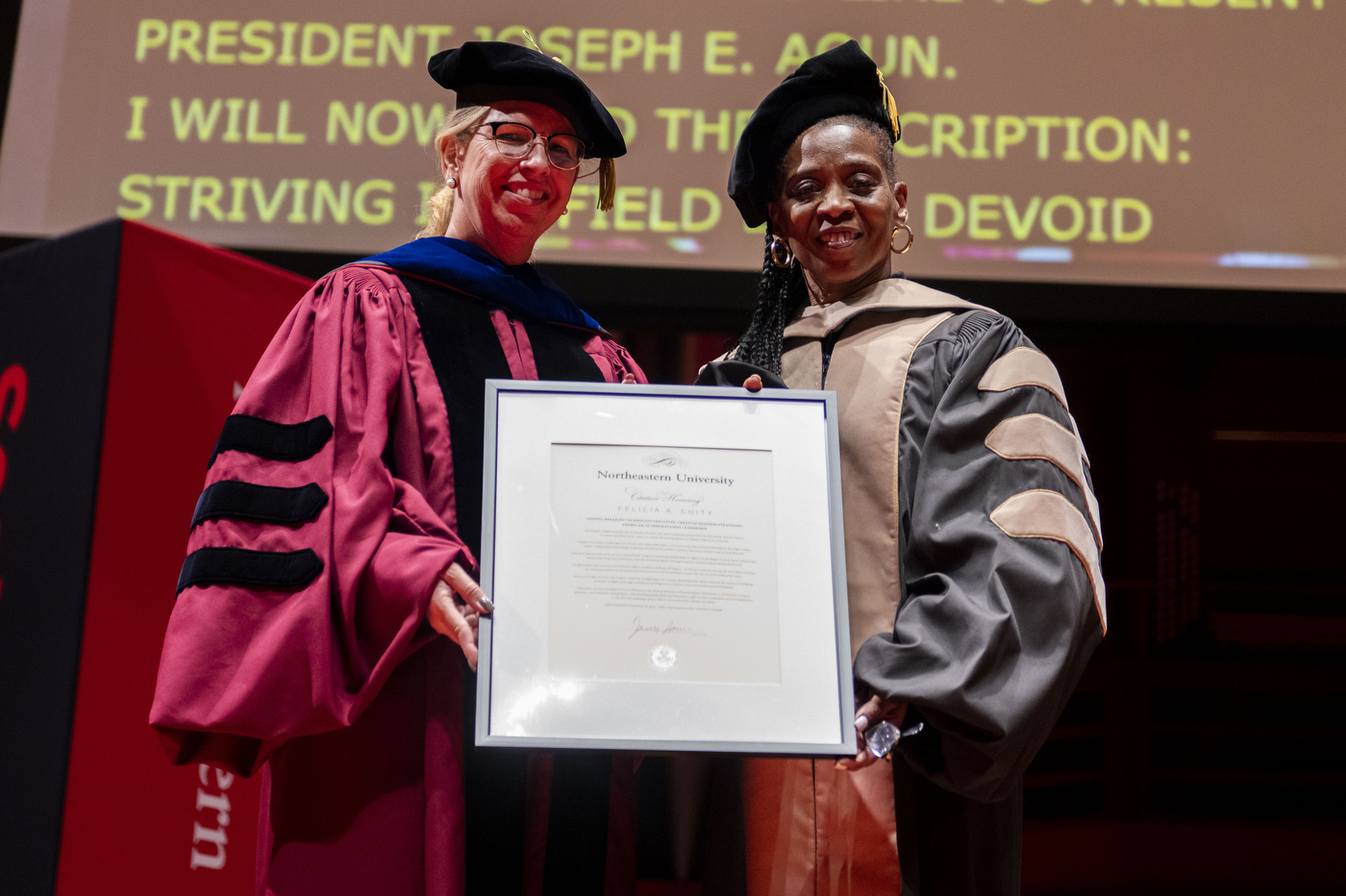
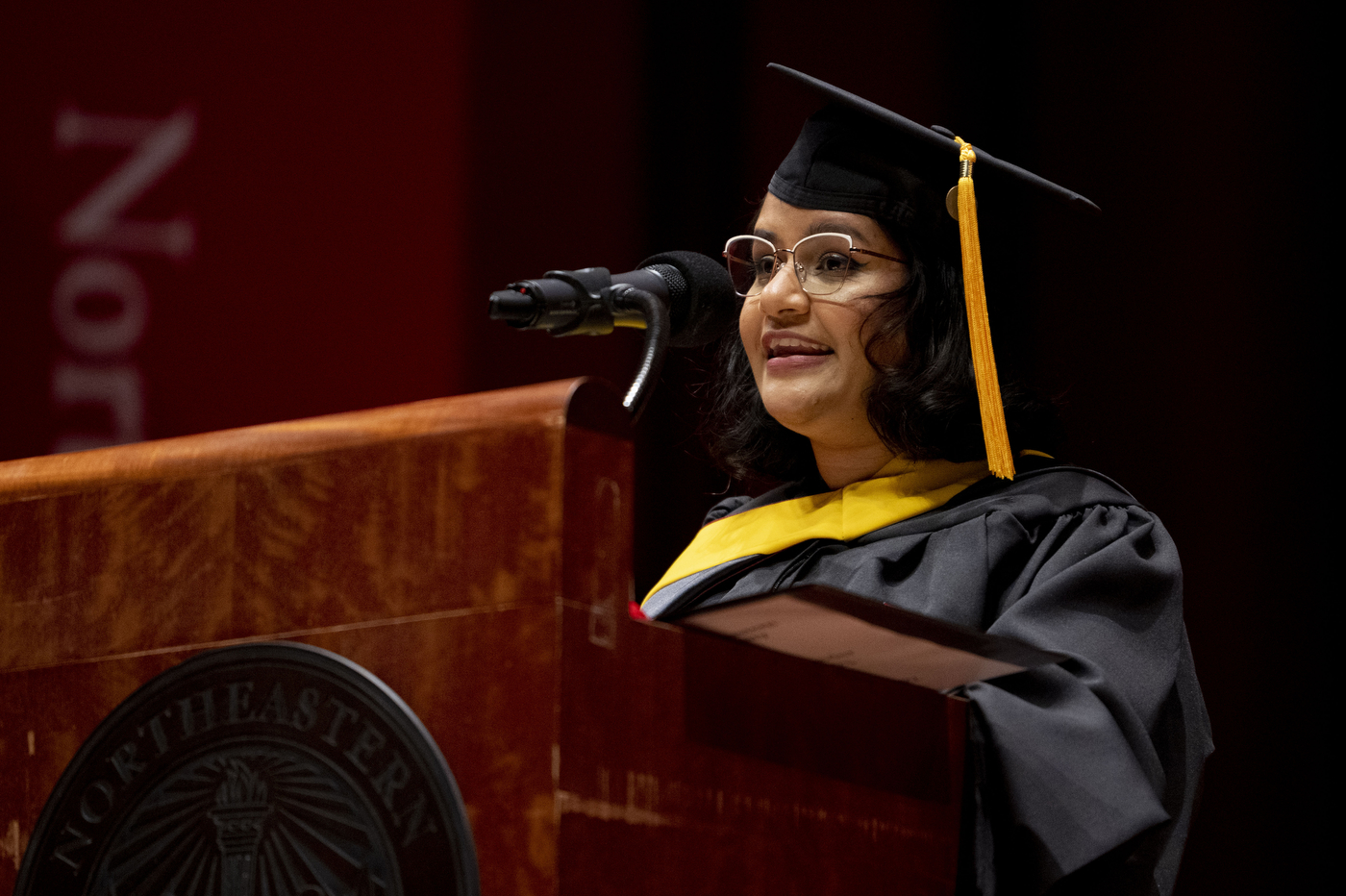
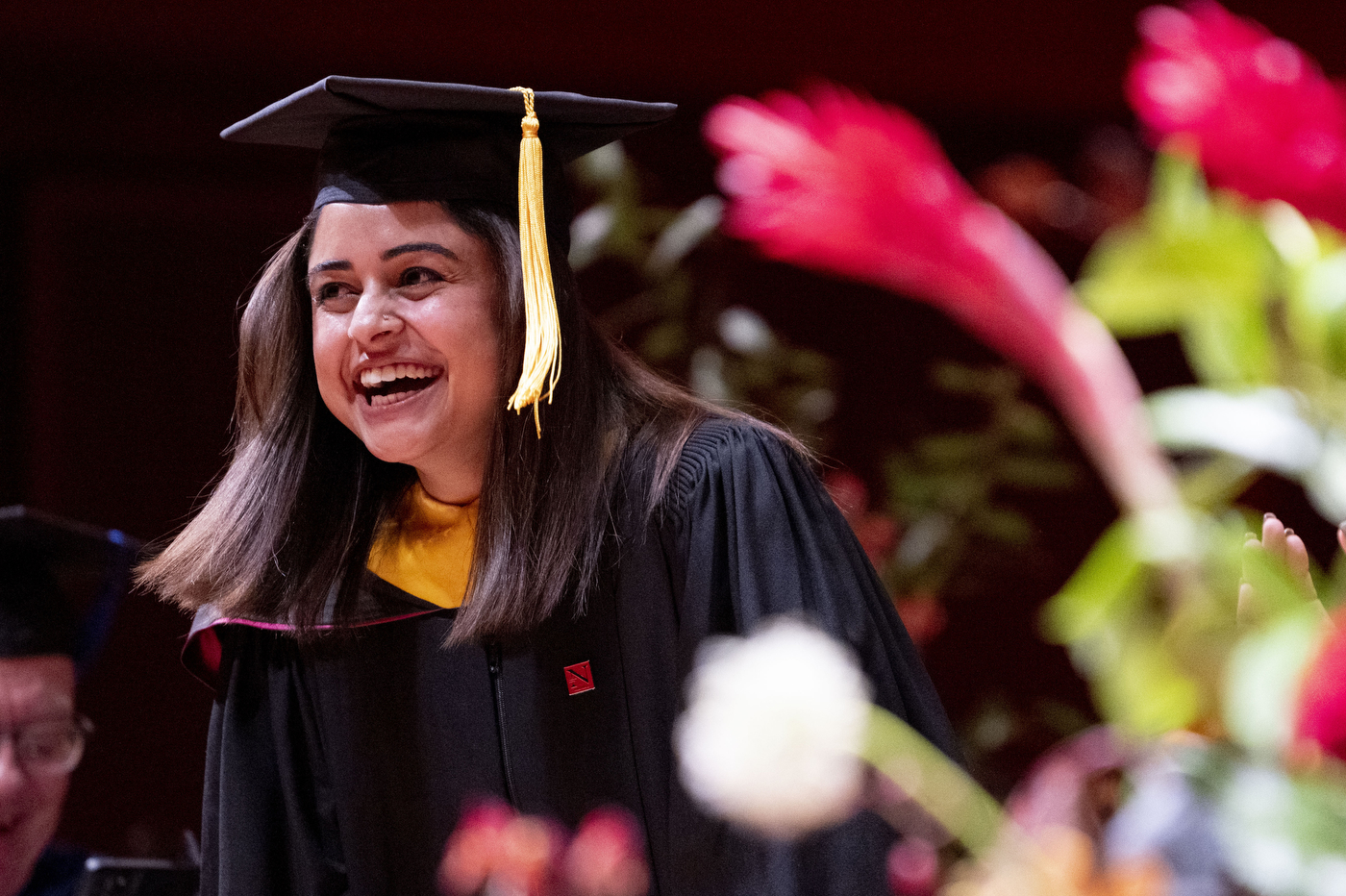
A 20-hour flight across the Pacific Ocean only increased her excitement. A lifelong learner, Bagwe had left a corporate job to pursue an advanced degree.
“It was not easy, but thankfully I didn’t have to do it alone,” she said.
Bagwe thanked her parents, partner Vipul and sister Tejashri. She then asked the graduates to applaud their support systems.
“Without them, we would not be here,” she said.
The COVID-19 pandemic, Bagwe said, taught students to embrace challenges with creativity and resilience.
“We had to learn new ways of living, working and studying, and unlearn old habits that no longer served us,” she said. “Let us continue to be open-minded and adaptable, and comfortable with the discomfort of unlearning and relearning.”
Mike Pollastri, Northeastern’s senior vice provost, described the graduates as ambitious, relentlessly curious and focused on making an impact on society.
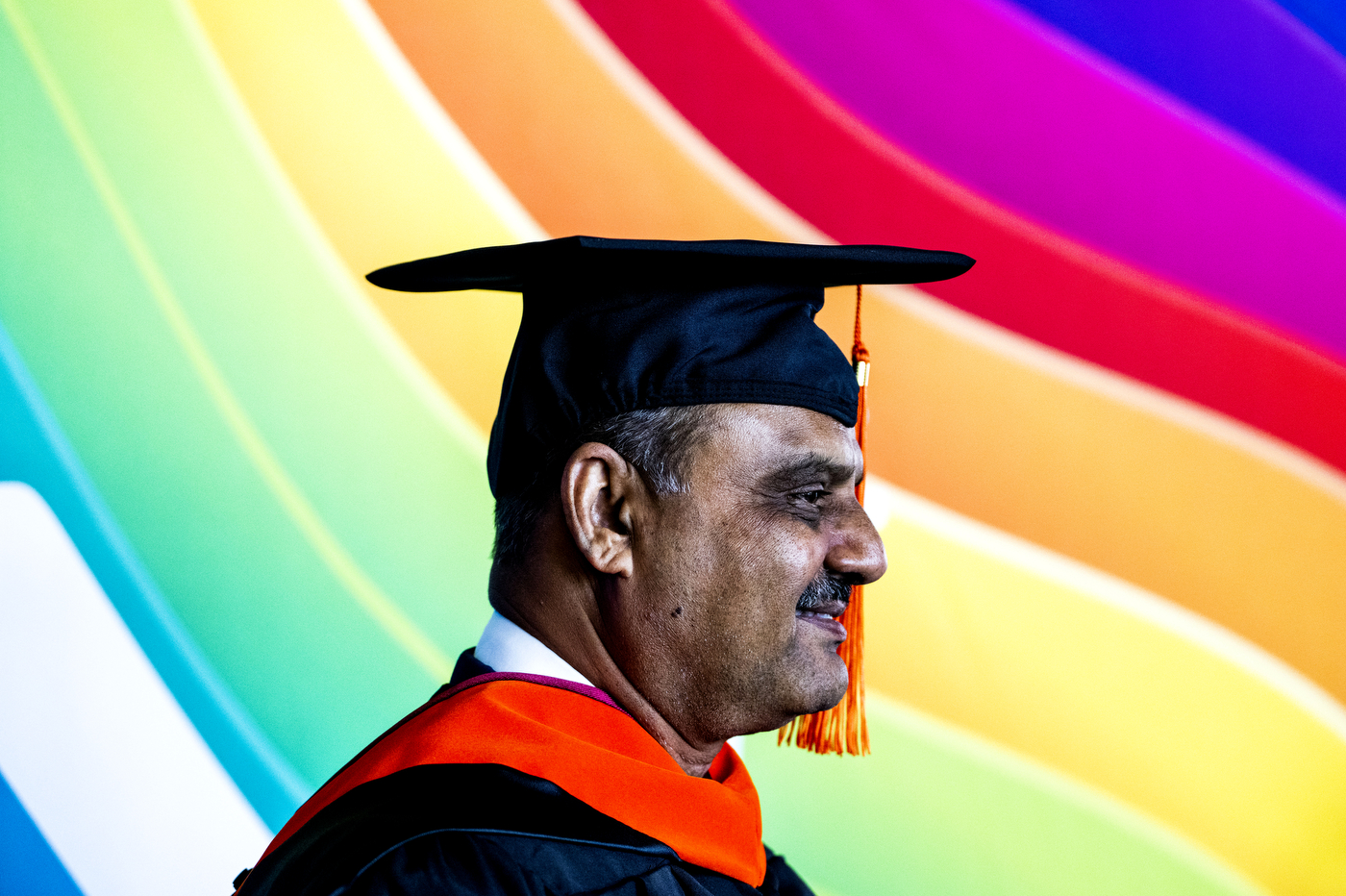
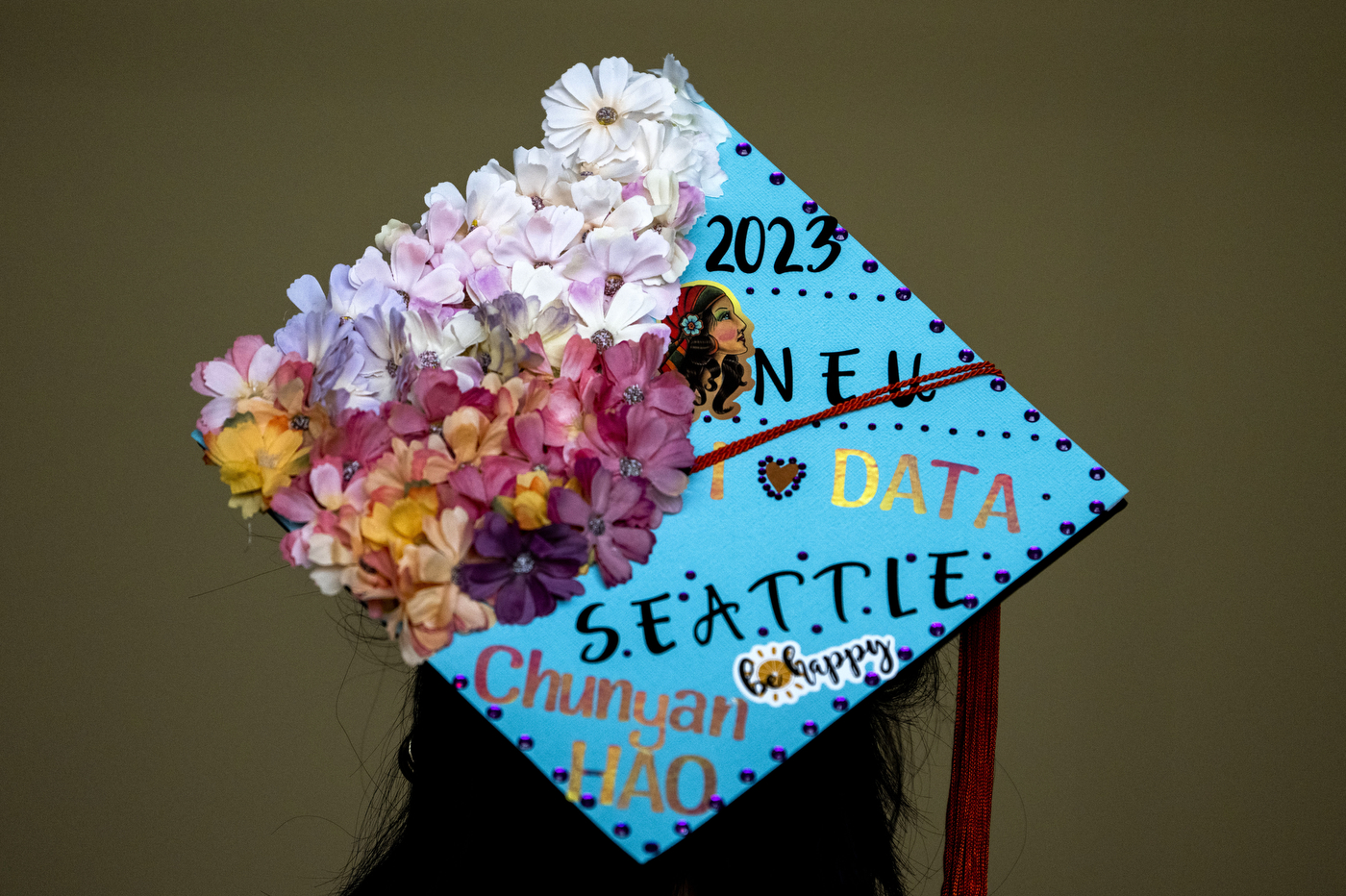


“Your successes are part of the reason why our graduates are renowned and sought after by organizations and innovators around the globe,” he said. “As scholars, leaders, entrepreneurs, artists and community citizens, you have raised the bar of excellence high—and you set an example for others to follow.”
Fear can be a powerful motivator
Akriti Chadda, a 2021 Khoury College graduate currently working at Microsoft, provided the alumni welcome.
She recalled taking a computer systems course that felt beyond her abilities.
“I was drowning in a sea of complex algorithms and programming languages,” she said. “And I was so close to quitting.”
But then something inside her shifted, Chadda said.
“I realized that I couldn’t let my fear control me,” she said. “I turned to my professors and mentors for help, and I was amazed by their support and encouragement.”
One thing that Chadda learned since then is that fear can be a powerful motivator.
“But it can also hold us back from reaching our full potential,” she said. “If I had let that systems class—or the first failed interview or the second or the third—hold me back, I wouldn’t be here in front of you all today.”
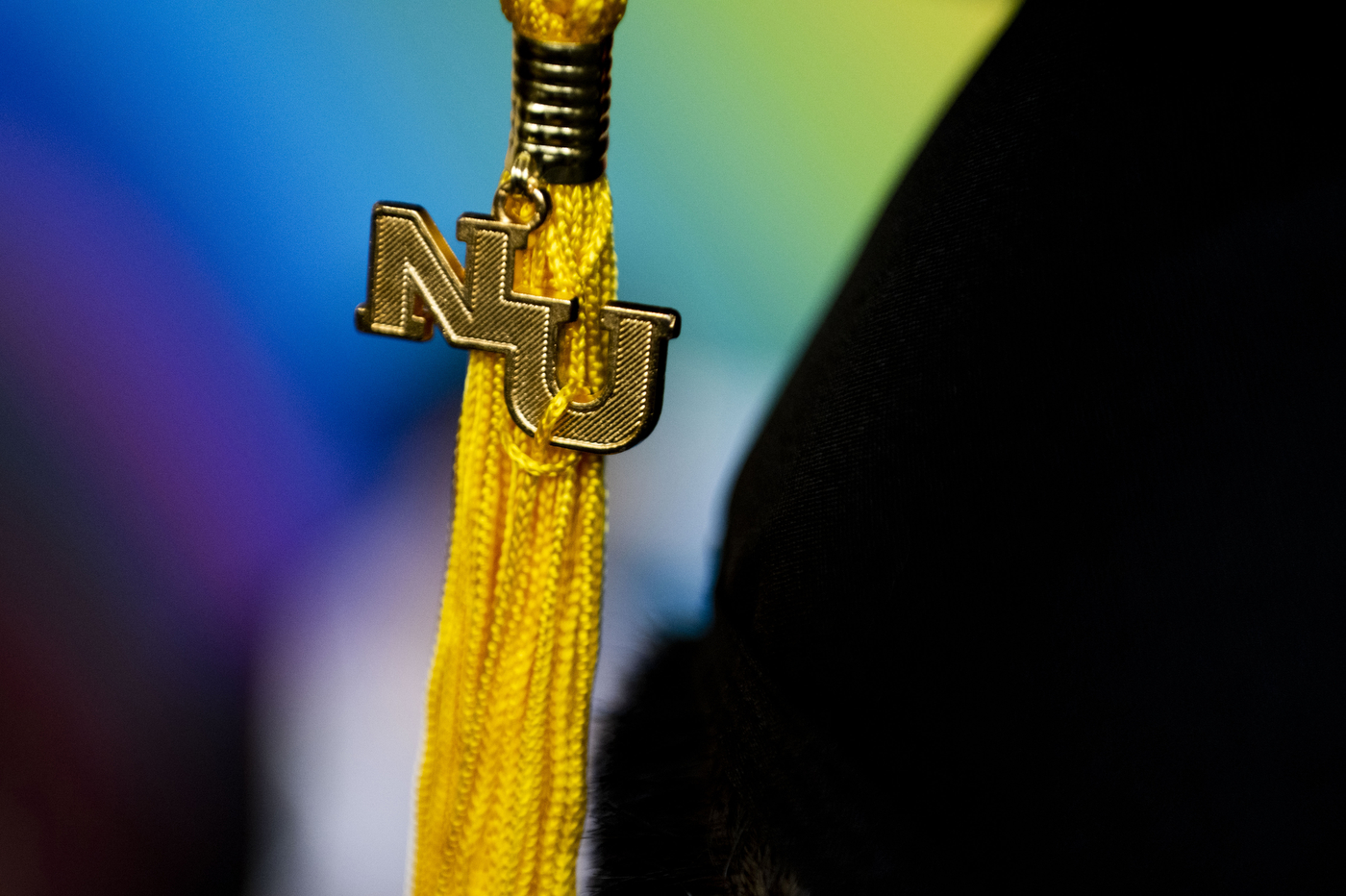
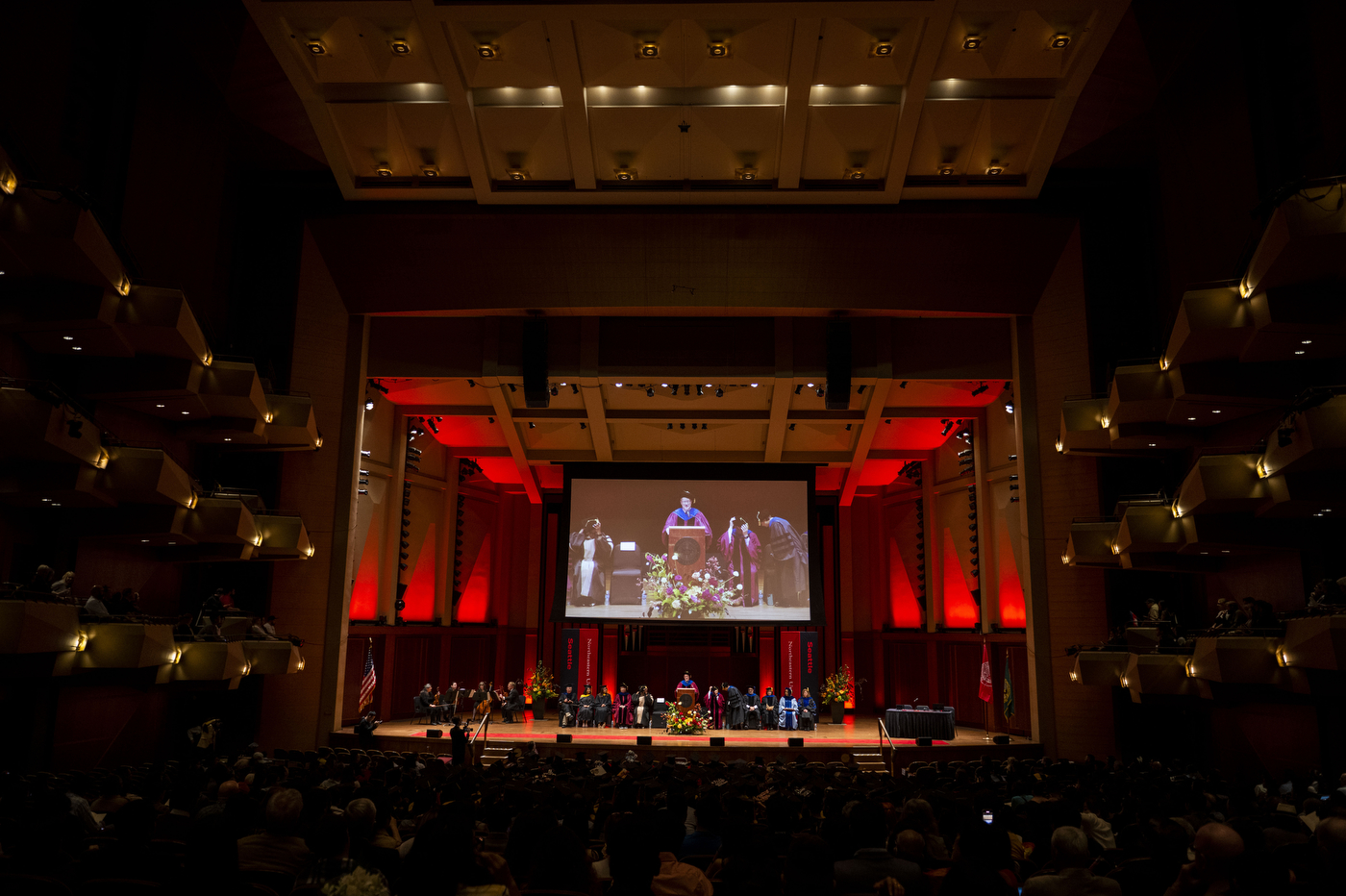
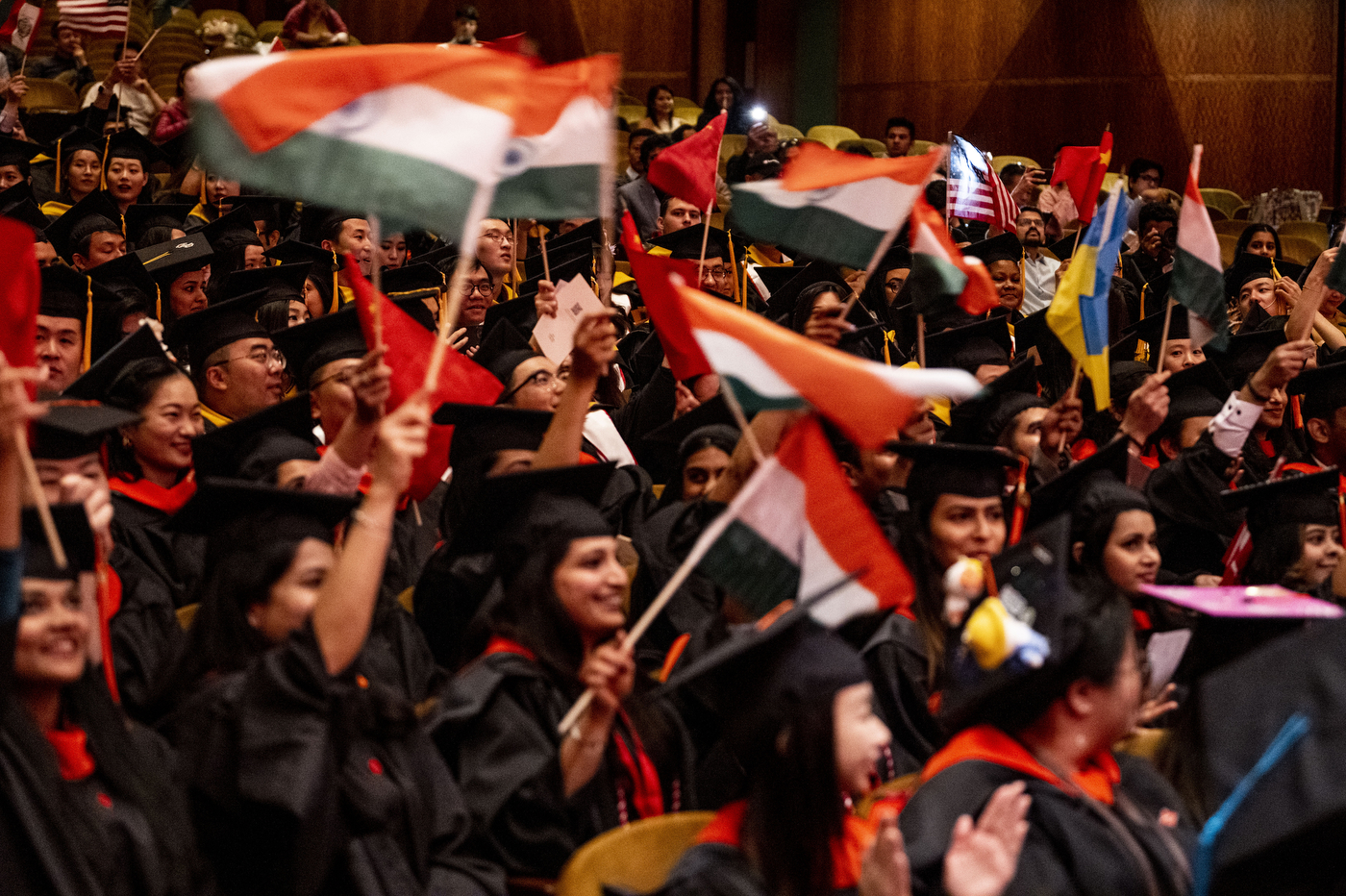
Everyone experiences fear, Chadda said. It’s a natural part of the human experience.
“What sets us apart is how we respond to it,” she said. “Do we let fear control us or do we use it as a catalyst for growth and change?”
Google executive offers advice
Felicia Guity, a chief executive strategist at Google, reminded the graduates that the challenges they face will not stop once they leave school.
“The world of academia is nothing like the real world of corporate America,” she said.
There are no term papers or assignments that give you a passing or failing grade, Guity said.
“What and how you do things is largely up to you,” she said. “Also, the number of the times you hear ‘no’ will far, far exceed the times you hear ‘yes.’”
Ultimately, Guity said, success comes down to three things: focus on what you’re good at, avoid living in fear and be a lifelong learner.
“Learn from your mistakes, seek out advice and emulate the behaviors of other successful people,” she said. “Learn from the mistakes and successes of others as much as you do from your own.”
In 18 years at Microsoft, Guity became the first African American woman to rise from an entry-level job to the head of worldwide channel strategy, marketing and programs.
That’s a very impressive resume.
Now consider Guity was discouraged from continuing her education beyond high school. She was told that a big university was beyond her reach—even one just five hours from her hometown of Muskegon, Michigan. Don’t take the SAT, a guidance counselor told her. Perhaps a community college would be a better fit, he said.
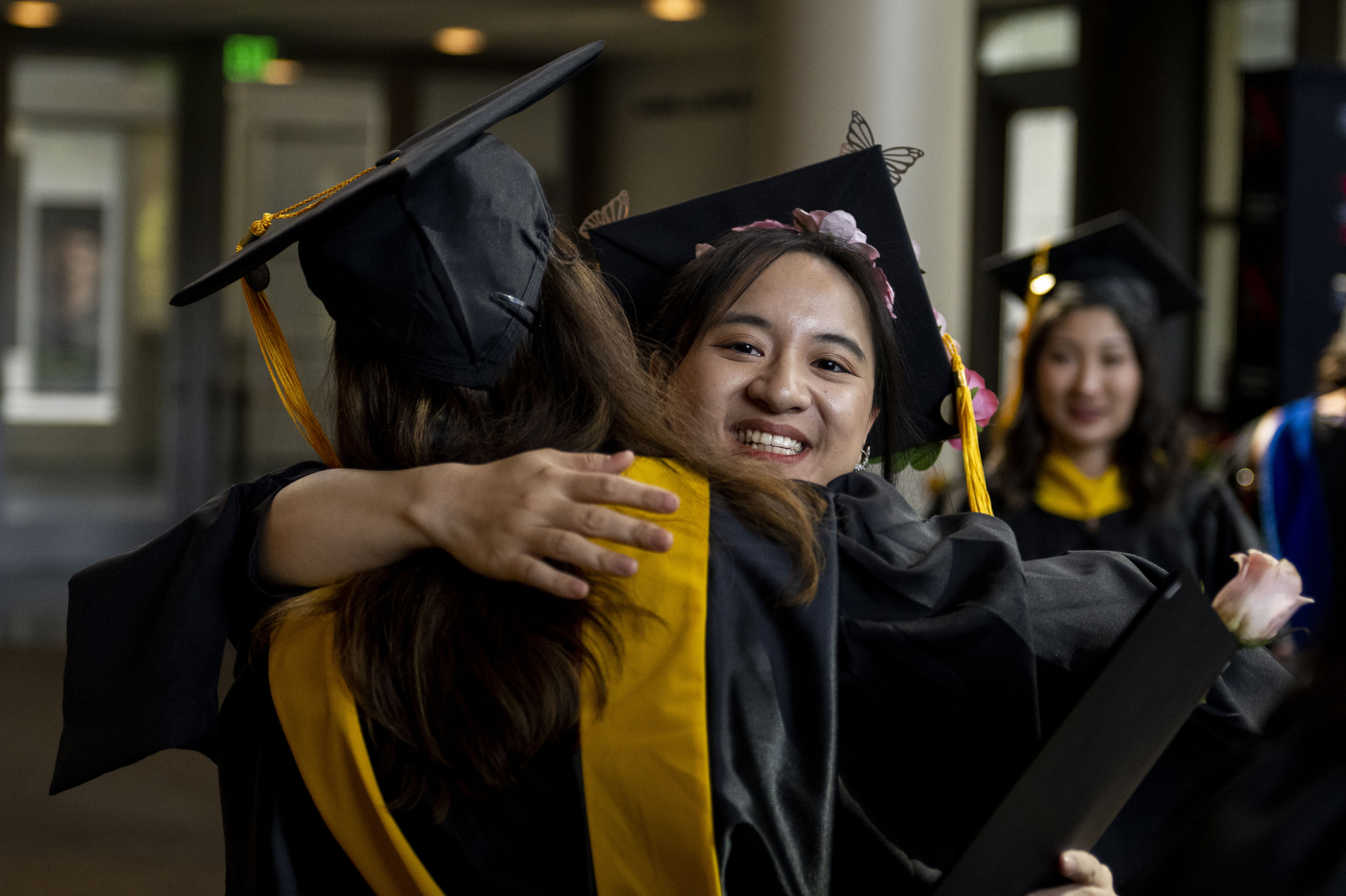
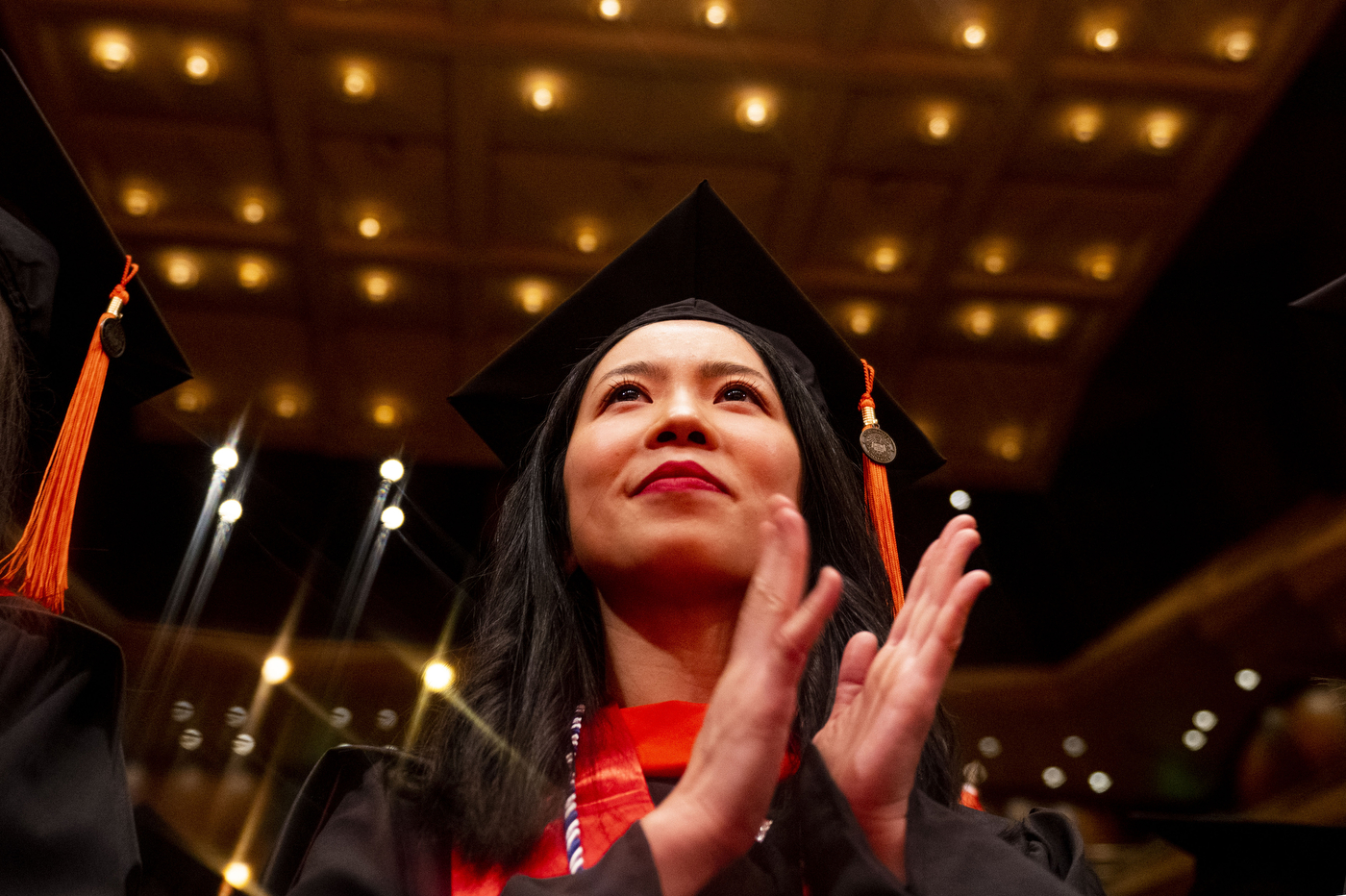
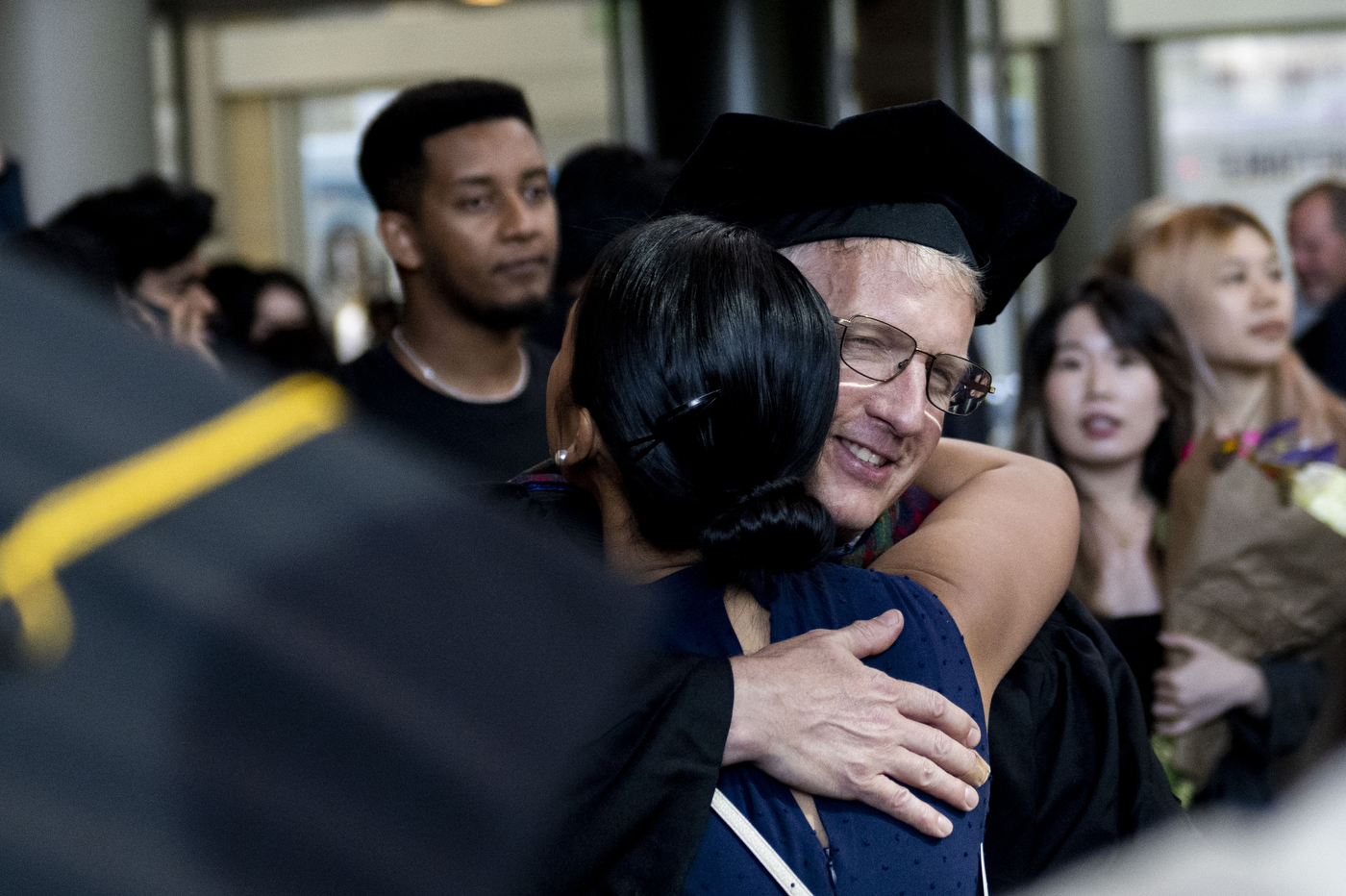
Guity proved the counselor wrong—and has used that experience as daily motivation to realize her full potential. She started her speech by reading a letter she wrote to herself—the college graduate who was told she wasn’t good enough.
“Dear Felicia,” it began.
“Today is an incredibly special day,” she said. “Your family is here to celebrate what you have accomplished. But do not forget, it is also their special day. As you know, none of them had the opportunity to attend college and your grandmother did not even graduate from high school.”
Guity then recalled the conversation she had with the school counselor and what followed.
“You researched ways to minimize the financial burden on your family,” she said. “It took a while, but you figured it out.”
Guity was admitted to the University of Michigan—with a full academic scholarship. That counselor, she said, was one of many people who gave her a “can’t-do message.”
“What you learned was that what others think of you is not nearly as important as what you think of yourself,” Guity said.
David Nordman is executive editor of Northeastern Global News. Follow him on Twitter @davenordman.



